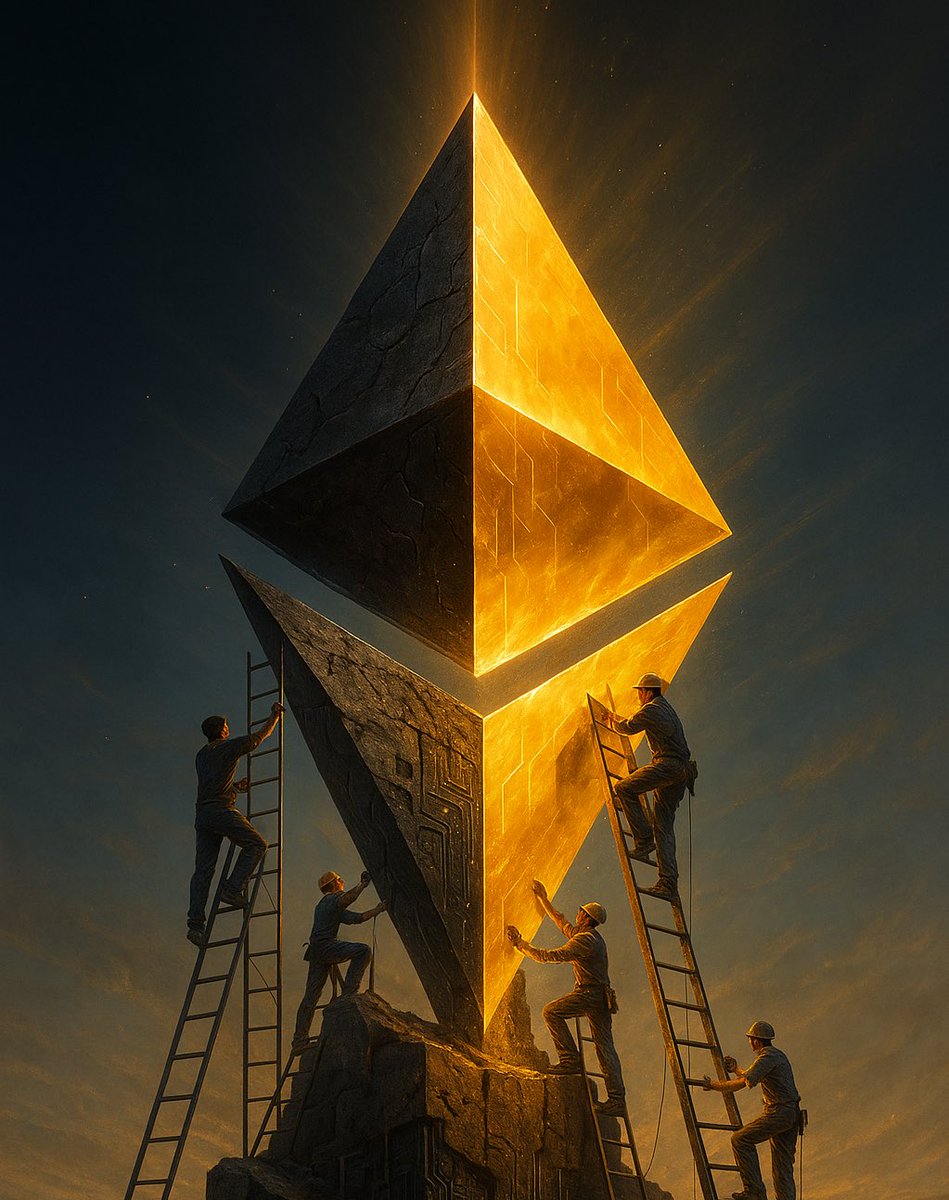it’s official, $eth is *not* a security.
the CLARITY act being passed means that ethereum will now be officially recognized as infrastructure (like the internet) and not as a company selling stocks.
staked eth etfs are now 10x more likely!
the CLARITY act being passed means that ethereum will now be officially recognized as infrastructure (like the internet) and not as a company selling stocks.
staked eth etfs are now 10x more likely!
https://twitter.com/repbryansteil/status/1932647985680171262
• • •
Missing some Tweet in this thread? You can try to
force a refresh







